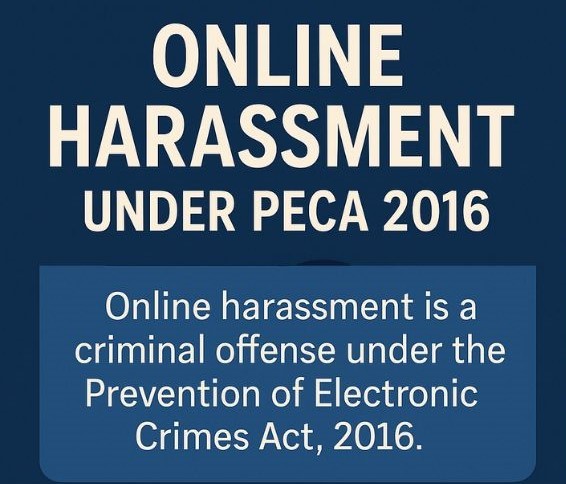In a striking twist highlighting the complexities and contradictions of Pakistan’s cybercrime laws, journalist Bashir Ahmed Balouch from Dera Ghazi Khan has invoked the Prevention of Electronic Crimes Act (PECA) 2016 to file a cyber harassment and defamation case. Balouch’s action has sparked renewed debate within media circles and among digital rights defenders over the ironic reliance of journalists on a law they frequently criticize for being oppressive and overly vague.
Bashir Ahmed Balouch, a reporter based in Dera Ghazi Khan, lodged a formal complaint at the local police station after receiving a barrage of abusive, offensive, and defamatory comments directed toward him on social media. The journalist originally drew hostile comments after posting remarks concerning Kashmir and local law enforcement issues on his Facebook page. Following a review of screenshots provided as evidence by Balouch, the authorities registered an FIR under Sections 20 and 24 of PECA, laws addressing offenses relating to personal dignity and cyberstalking offences. Investigations to pinpoint the identity behind the social media profile—currently traceable only through a mobile phone number—are actively ongoing.
This development has brought the controversial use of PECA by journalists into sharper public view. Widely derided by media freedom campaigners, digital rights advocates, human rights groups, and civil society, PECA is often seen as a tool of censorship, containing ambiguous language prone to misuse by authorities to silence dissenting voices and intimidate independent journalism. Nonetheless, in this instance, a journalist turned toward the very legislation typically regarded as an obstacle to free speech, using it as a shield to safeguard personal and professional dignity.
The irony is not lost on media professionals. A senior journalist based in Multan, who spoke anonymously, termed the incident “deeply ironic” and highlighted the fundamental paradox journalists face. “It’s a paradox we live with,” he noted. “We campaign against PECA’s misuse, but when push comes to shove, it’s one of the few tools we have against digital abuse.”
Legal experts and digital rights activists echo these sentiments. They acknowledge the law’s serious shortcomings and advocate robust reforms to end its misuse. Yet, they also recognize that journalists and public figures confronting online abuse and defamation continue to have very few effective legal options apart from PECA to combat cyber harassment. The rise in digital hostility toward journalists in Pakistan further underscores the necessity for some form of recourse.
Consequently, the incident surrounding Bashir Ahmed Balouch has reignited demands for review, restructuring, or repeal of PECA. Critics assert the law’s vaguely worded provisions lead repeatedly to arbitrary enforcement and censorship. Supporters, however, believe that the current framework can be refined, made more transparent, and governed through clearer regulations and oversight, thereby achieving the difficult balance between protecting personal rights and fostering free speech.
As investigators continue probing the origins and intent of the abusive comments aimed at Balouch, this incident raises fundamental questions about the ability of journalists to simultaneously oppose and rely upon a piece of legislation they regard as problematic. For many within Pakistan’s media and legal communities, resolving this contradiction may hinge on achieving meaningful reform that turns PECA from an oppressive instrument into a fair and effective remedy to cyber harassment.











